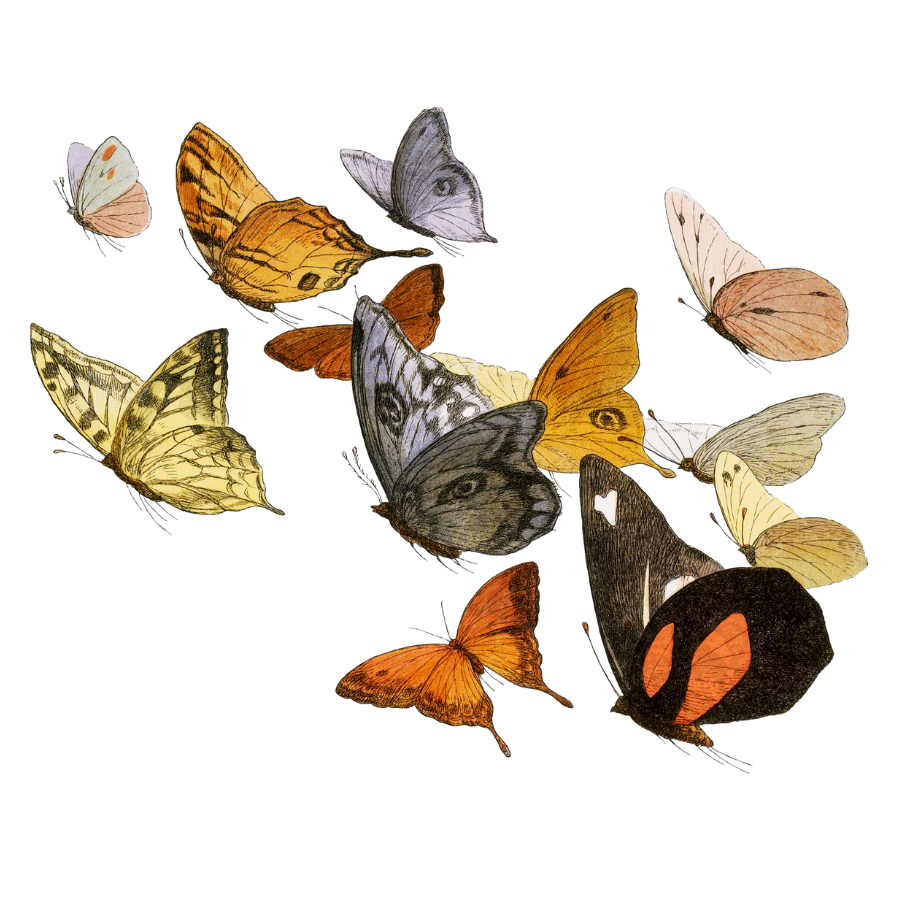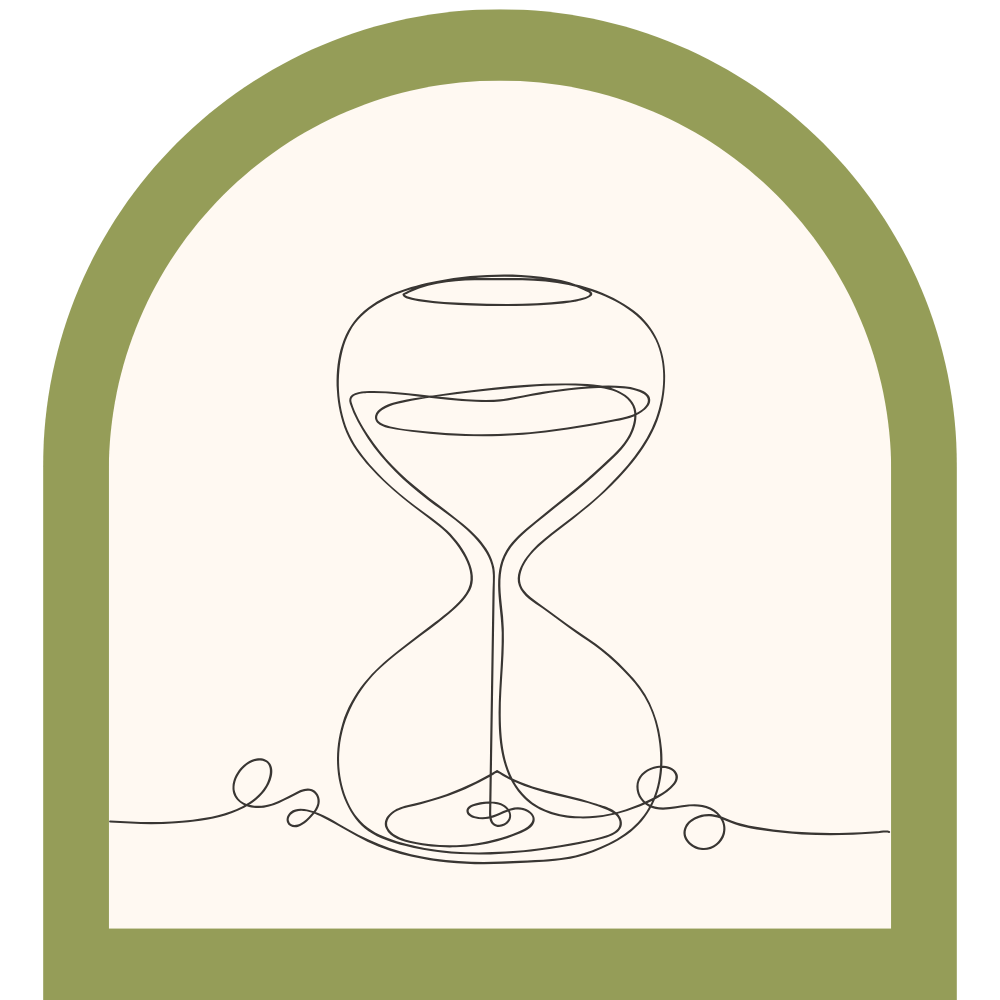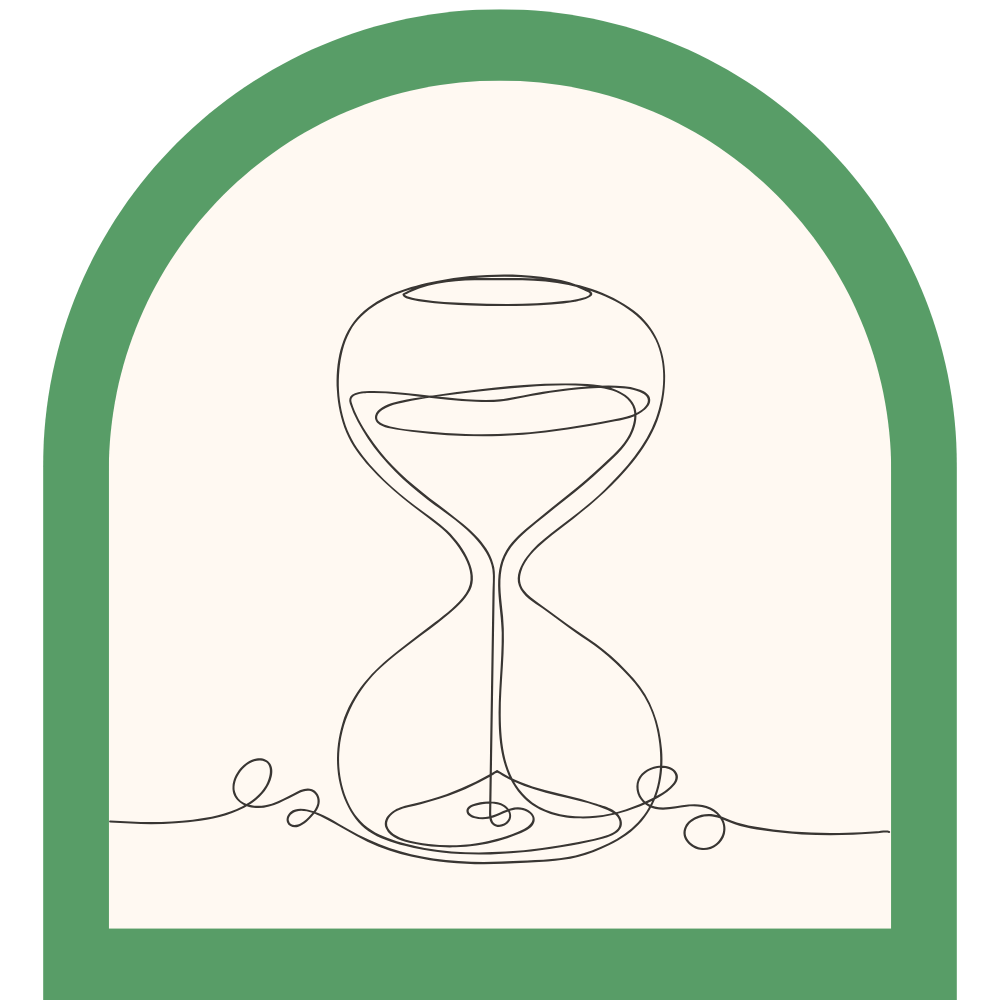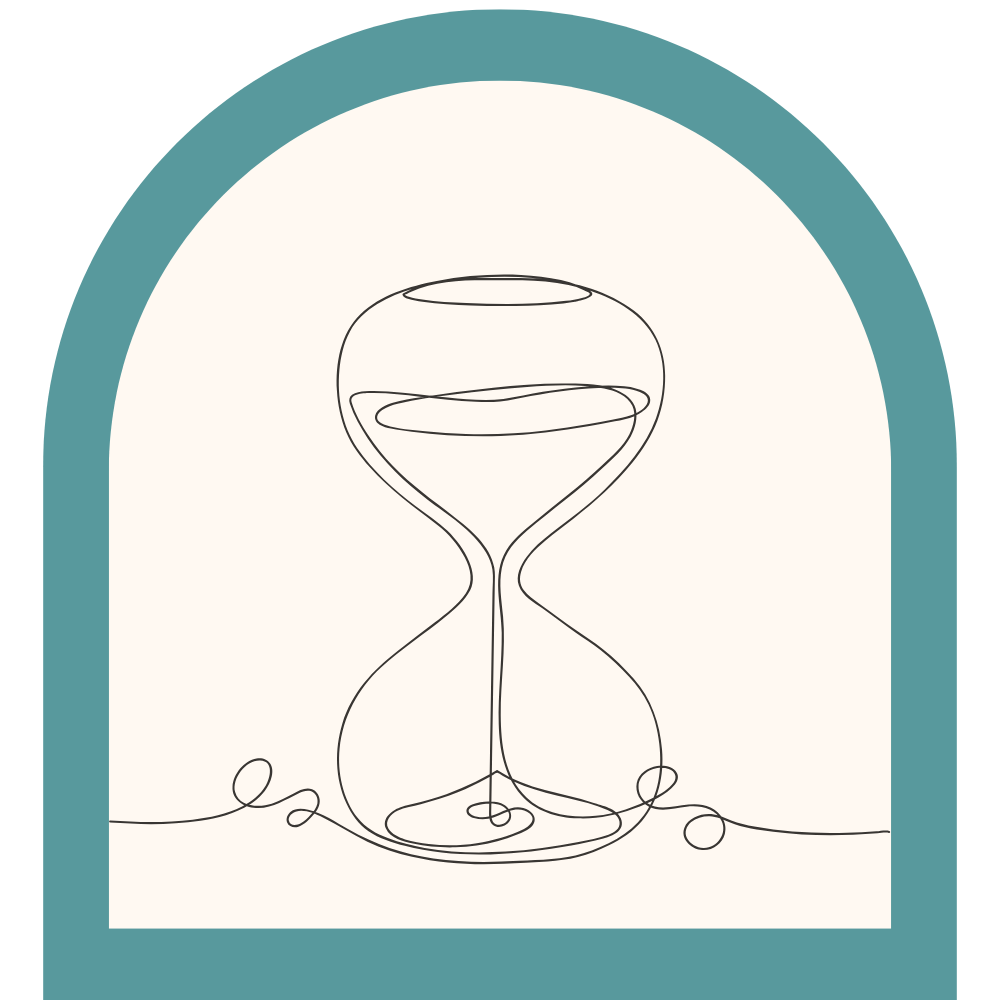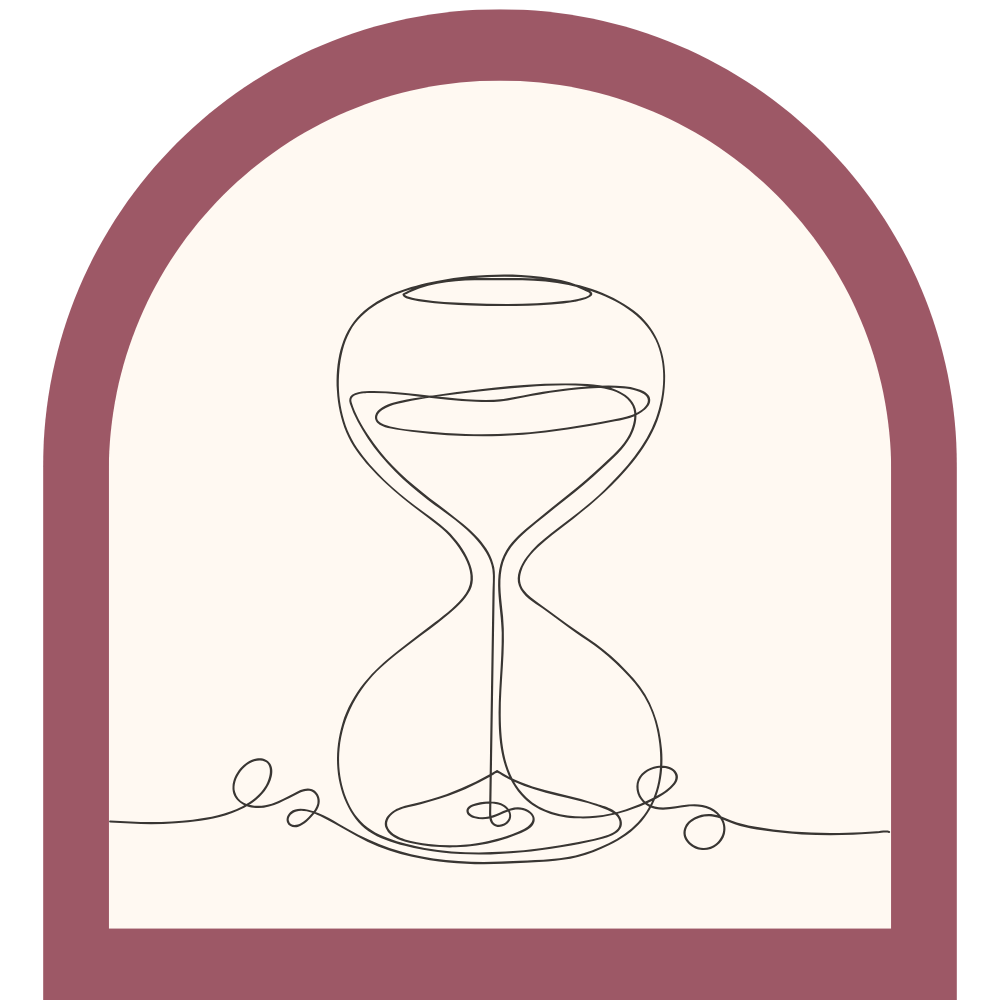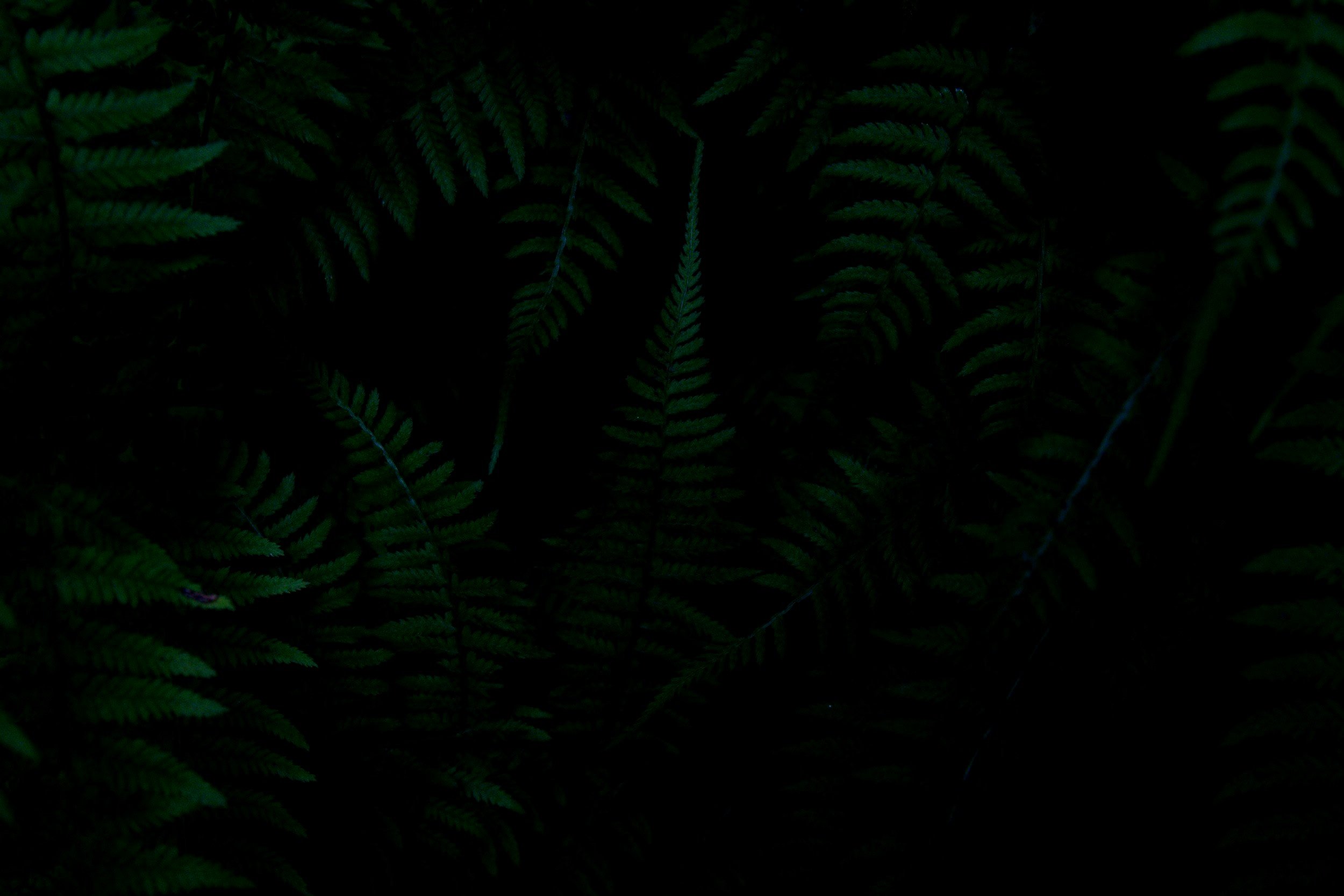
THE DEEP END
reclaiming Death / reclaiming Life
The Deep End is a self-paced course that invites a radical reconsideration of mortality.
Across six modules, we trace how Western culture severed its relationship with death, explore the psychological and ecological costs of this forgetting, and discover pathways back to a more integrated, meaningful existence.
What You’ll Explore:
The course examines how our death-phobic worldview shapes everything from consumer habits to an inability to grieve well, and from our obsession with youth to our disconnection from natural cycles, while exploring how reclaiming death as a universal, ecological process intrinsic to life opens the way to deeper, more authentic living. Through historical analysis, psychological insight, ecological wisdom, and contemplative practice, The Deep End offers both intellectual understanding and embodied integration.
Module 1: The Great Forgetting
How we forgot death (and why it matters).
This module explores how the Industrial Revolution, medical advances, and misunderstandings of Darwin transformed death from a familiar presence woven into daily life into a mechanised failure. This shift left us strangers to our own mortality. We examine how Christianity, Nietzsche’s “death of God,” and the devastation of early twentieth-century wars created the perfect storm that pushed death deep into our collective shadow.
Module 2: The Shadow of Mortality
The hidden costs of exiling death from life.
We investigate how Western culture’s exile of death into the psychological shadow manifests as frantic consumption, youth obsession, environmental destruction, and an inability to grieve well, age unapologetically, or embrace natural cycles. We explore how early experiences with death shape our personal relationship with mortality, examine how denial fuels cultural narcissism and ageism, and look at death as an ecological process connecting us to the transformation of all existence.
Module 3: The Fractal Nature of Death
Death as a universal function, from cells to stars.
This module reveals how death operates across all scales of existence—from cellular renewal to stellar transformation. We examine the relativity of time and significance, moving beyond human-centric meanings to develop a cosmic perspective that sees individual mortality as participation in ancient and reliable patterns.
Module 4: A Brain Divided, and Living Worlds
How worldview shapes our experience of dying.
We explore how Western culture’s mechanistic worldview—rooted in colonial thinking and left-brain dominance—severed our relationship with death as a natural, sacred process. We discover how animism offers a sophisticated alternative that recognises the world as alive and death as transformation. We examine indigenous wisdom traditions and their technologies for living and dying well, and how integrating these ways of knowing could transform our relationship with mortality.
Module 5: The Thin Places
Practicing presence at life’s sacred thresholds.
We explore “thin places”—outer locations and inner states—where we can cultivate reverence for death as a sacred threshold. We feel into thresholds as liminal spaces where we can practice the capacities dying requires: surrender, receptivity, and courage in the unknown. We learn that preparing for dying happens through daily practices of presence, comfort with mystery, and letting go—so that when the great threshold comes, we might meet it with grace rather than fear.
Module 6: The Art of Conscious Departure
Living—and leaving—with clarity, courage, and love.
We explore how to cultivate a grounded relationship with mortality through gratitude, forgiveness, and surrender. We discover that our true legacy lives not in what we leave behind but in the ripples of presence and kindness we create. The art of completion—bringing conscious closure to all endings—prepares us for death through practices like rehearsing our departure, which paradoxically returns us to life with fresh eyes and the recognition that attention and love are precious gifts.

Each module offers written and audio lessons, reflective exercises, practical homework, a guided meditation, and The Deeper End materials for extended exploration.
Who This Course Is For
The Deep End is designed for people who sense that something essential is missing from how our culture approaches mortality and its meaning. You might be:
Someone who has experienced loss and found cultural responses inadequate or alienating
A person experiencing existential restlessness or sensing that avoiding thoughts of death might be limiting your engagement with life
Someone questioning the relentless pace and consumption-driven focus of modern living
A seeker interested in integrating wisdom traditions with contemporary understandings
Someone drawn to relate differently to death and dying, and who wants to deepen their own relationship with mortality
A person drawn to ecological and indigenous wisdom but wanting thoughtful integration rather than appropriation
This work will ask you to think critically about cultural assumptions, sit with challenging concepts, and engage in honest self-reflection. It is designed for people who are comfortable with intellectual complexity and who also want embodied, practical integration.
Who This Course Is Not For
The Deep End may not be suitable if you’re:
Currently in acute grief and needing immediate bereavement support rather than philosophical exploration
Looking for quick fixes or simple answers to complex existential questions
Uncomfortable with exploring religious or cultural beliefs about death, dying, and meaning
Seeking therapeutic intervention for trauma (this course is primarily educational and acts as a guide for you to discover the wisdom your own mortality holds)
Expecting purely traditional academic or religious approaches to mortality
If you’re dealing with active suicidal ideation, severe depression, or acute trauma, please seek appropriate professional support before engaging with this material.
How Long Will It Take To Complete?
This is up to you! Most people find the course takes around 6–12 weeks to complete thoughtfully, though you can move at whatever pace serves you best. It could equally be taken over six months, feeling more deeply into the content of one module each month and working through all the prompts and homework. You might choose to move more quickly on the first round, and more slowly on the second. Trust that you know best.

Course Structure & Access
The Deep End is entirely self-paced and is available immediately upon purchase. All materials—including written and audio lessons, guided meditations, PDFs, and supplemental content—are yours to keep and revisit for life. The course is hosted in an easy-to-navigate online portal. At the top of each written lesson, you can stream the audio directly in the portal; at the bottom, you’ll find a downloadable MP3 for offline listening. The first lesson in each module also includes a downloadable PDF with the full module contents (lessons, journal prompts, homework, and The Deeper End supplemental materials).
The course includes:
• 6 comprehensive modules with 18 core lessons (available in both written and audio format)
• 1 bonus audio lesson in The Deeper End of Module 5
• 6 guided meditation audios — one for each module
• Reflective journal prompts and contemplative exercises for each module
• Practical homework assignments
• The Deeper End supplemental materials for extended exploration
• Lifetime access to all materials (25 audio files in total, plus all written materials and PDFs)

Investment & Accessibility
Course investment: $98
Financial accessibility: I believe deeply in this work and its necessity. If you feel you would benefit from this course but find the cost a barrier, you’re welcome and encouraged to request assistance. Sliding scales are available. Please use this form to enquire about financial support.
FAQs
-
The Deep End is primarily an educational journey. While it might be personally transformative, it’s designed to explore cultural and philosophical aspects of mortality, rather than provide clinical support. If you’re dealing with acute loss or death-related anxiety, professional counselling alongside or before this course may be more appropriate.
-
No. No specialised background is required. The course is accessible while still intellectually rigorous. I aim to explain complex concepts clearly, and you can engage at whatever level feels right for you.
-
The Deep End examines various wisdom traditions and spiritual perspectives on death, but it’s not aligned with any single religious framework. The approach is inclusive and encourages integration with your own beliefs and values.
-
Most people spend 2–4 hours per week on lessons, reflections, and integration practices. You can move faster or slower based on your schedule and how deeply you engage.
-
While not designed as anxiety treatment, many people naturally find that developing a more integrated relationship with mortality naturally softens death-related fears. If you’re experiencing significant death anxiety, working with a therapist might be a more appropriate place to begin.
-
Course materials are for your personal use only. If someone in your life would benefit from this work, please direct them to purchase their own copy. If cost is an issue, please reach out.
-
Currently, The Deep End is designed as an individual journey. However, many people find value in discussing insights with trusted friends, partners, or communities. The Deep End lends itself to both individual and group study
-
You have lifetime access to all materials. You can revisit lessons, meditations, and exercises as often as you wish, and you’ll receive any updates or additions to the content.
-
If you’re drawn to explore mortality from curiosity rather than crisis, are comfortable questioning cultural assumptions, and are interested in both intellectual and embodied learning, you’re likely ready.


